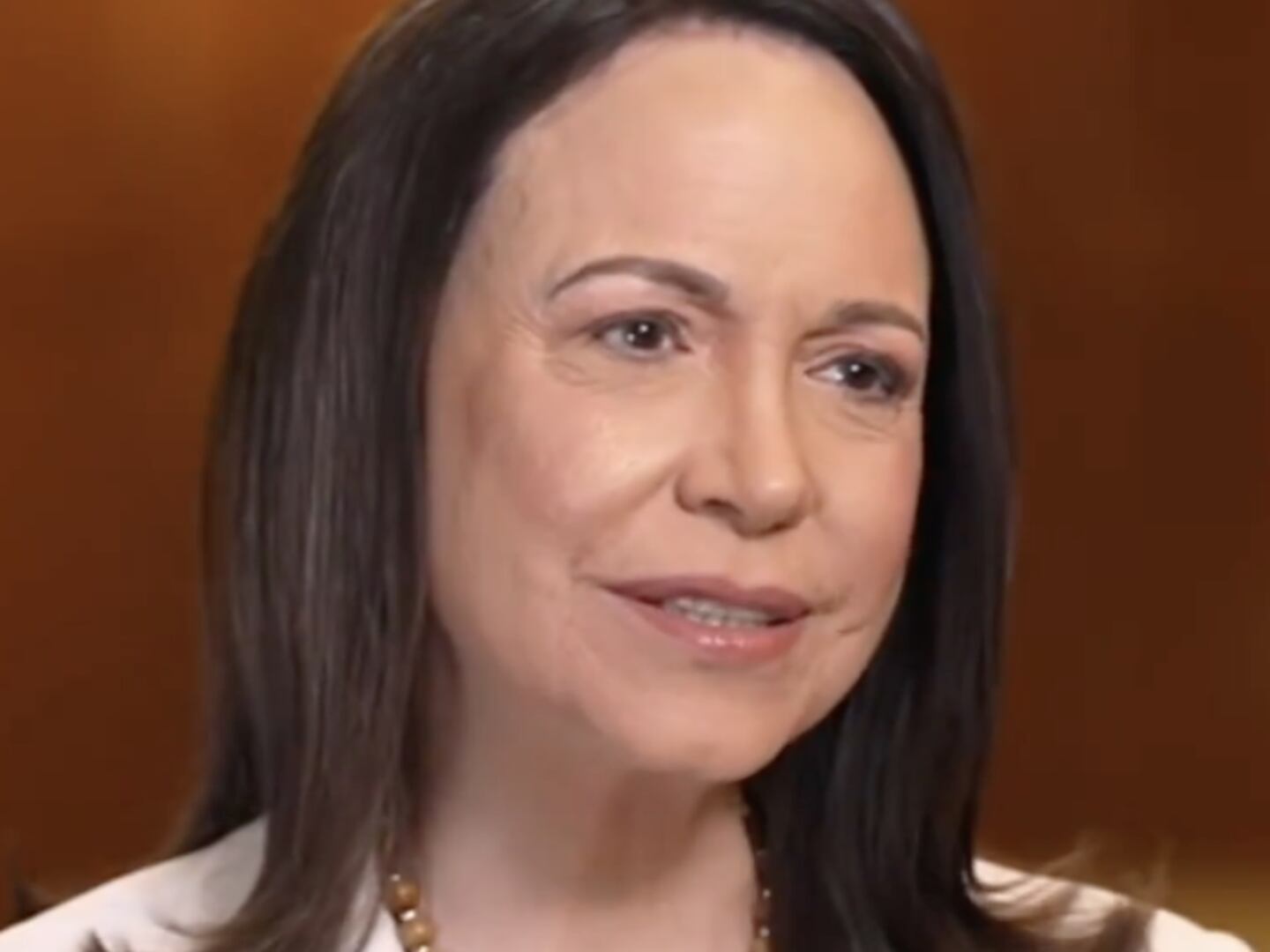Since Playboy first hit newsstands in 1953, few commentators have remained neutral on either the magazine or Hugh Hefner, its founder and editor in chief. Gay Talese's Thy Neighbor's Wife hailed Hefner as an avatar of the sexual revolution while Gloria Steinem's peculiar analogy—"a woman reading Playboy feels like a Jew reading a Nazi manual"—became one of the most infamous aphorisms of '70s feminism.
In recent years, as the rage of unreconstructed "anti-pornography" feminists and evangelical preachers has found other outlets, critics of Playboy tend to have more subtle objections that are often more aesthetic than moral. "In Hefnerland," Martin Amis' 1985 essay (anthologized in The Moronic Inferno) set the tone by sneering at the "commercialized unreality with which Playboy glosses everything it does." Many commentators merely dismiss the bunny empire for being quaint in an age where Internet porn is a click away. And liberals and leftists with no particular objection to soft-core porn mock Playboy's quintessentially American tendency to link sexual freedom to consumerism and upward mobility.
Click the Image to See Highlights of Hugh Hefner's Career

Or as Brigitte Berman, director of the new documentary Hugh Hefner: Playboy, Activist, and Rebel, pithily put it during a recent phone conversation, people have problems with the fact that Hefner has "made money" off sex. When Berman's film premiered at last year's Toronto Film Festival, Variety cracked that, although the word "saint" wasn't in the film's subtitle, it "might as well be." It's true that Berman's view of her subject is adulatory, even gushy. While she told me that it "was important to me that the film not be a valentine to Hef," she added that "what amazed me about Mr. Hefner was his extraordinary sense of integrity and justice." Nevertheless, her film makes a convincing argument that Hefner's career as a crusading liberal has been strangely overlooked. Full of revelatory archival footage, the documentary chronicles Hefner's support of the civil-rights movement and his friendship with Jesse Jackson, his principled decision, despite the opposition of Ronald Reagan, to publish articles by Dalton Trumbo in Playboy at a time when the blacklisted screenwriter was still persona non grata in Hollywood, as well as his willingness to feature blacklisted entertainers like Pete Seeger and Larry Adler on his television show, Playboy's Penthouse.
When Hefner spoke to me recently by telephone, both his savvy business sense and his liberal social views came to the fore. In the following interview, he discusses his legacy (a topic obviously much on his mind these days) and the future of the Playboy "brand" with humor and barely suppressed pride.
Richard Porton: There have other films on you and Playboy—e.g. Robert Heath's 1992 Hugh Hefner: Once Upon a Time. But did you work with Brigitte Berman on this film because you felt that your longstanding political commitments had been overlooked?
Hugh Hefner: Brigitte and I became friends because of the film she did on Artie Shaw and I learned in the process that she did a film on Bix Beiderbecke. I was a huge fan of that iconic cornetist. Along the way, she expressed an interested in doing a documentary on me, to tell the side of the story that hasn't been told.
Porton: You've been interested in unjust sex laws ever since you wrote a paper on the subject at graduate school at Northwestern before founding Playboy. Perhaps some things never change; one of Playboy's recent pictorials featured Ashley Dupre, a former call girl and the victim of the some of the sex laws still on the books.
Hefner: Well, I think that women own their own bodies. So if they want to sell them, that's their business. The illegality is beside the point. I don't have a problem with prostitution. In fact, I'm the guy who fought the sex laws. Of course, Ashley got into Playboy because she was on the cover of every newspaper in the country—most frequently the New York Post.
Porton: I would be remiss if I didn't ask you about your recent efforts to take Playboy private. Is this part of an attempt to restructure the company and improve its financial prospects?
Hefner: Well, frankly I think the stock has been battered and undervalued. I'm concerned with the minority stockholders. But I'm primarily concerned with the future of the brand and the future of the magazine. I want to be sure they're secure. I recently celebrated my 84rth birthday and I want to be sure that the business is in the right hands.
Porton: Are you happy with Scott Flanders' job as CEO?
Hefner: Yes, it's not a problem with the management—quite the contrary. It's the underperformance of the stock—and the feeling that we should get on with it and that there are things we can accomplish as a private company. That's all.
Porton: Do you see Playboy branching out—perhaps building more casinos? Or more media operations such as the Playboy Channel?
Hefner: Yes, we will be announcing casinos in both Macao and London. As far as media goes, I think we'll be involved in more mainstream ventures. We already have spinoffs of The Girls Next Door on the E! Channel with both Holly [Madison] and Kendra [Wilkinson], as well as a pilot with Bridget [Marquardt] on A&E. We're going to be doing more of that. That's the direction we're moving in; we're moving away from the adult programming.
Porton: And why are you moving away from adult programming?
Hefner: Because it's not the future. I think it gets in the way of who we are, and who we want to be.
Porton: The two major critics of you and Playboy in the film are Susan Brownmiller and Pat Boone. Do you think they cancel each other out—the unreconstructed '70s feminist on the one hand and the prudish fundamentalist on the other?
Hefner: Yes, they do tend to cancel each other out (laughs). There's always been that strange alliance—the Christian right and the anti-sexual feminists do make very strange bedfellows!
Porton: While of course there was that alliance between the Christian right and feminists in recent years, there are now certain women who call themselves "pro-sex feminists." So maybe that's another twist in your legacy.
Hefner: I agree. When the feminists took the anti-Playboy, anti-sexuality route, I think it was sort of a side trip. In reality, the sexual revolution was for women—first and foremost. And for the last 2,000 years, it's been women who have been the real victims of sexual repression.
Porton: In the 19th century, only bohemians and radicals endorsed the notion of sexuality unfettered by ties to marriage or procreation. Playboy helped bring these ideas into the mainstream.
Hefner: Yes, I think that was what the sexual revolution was all about—separating sex from procreation.
Porton: How have your ideas on marriage evolved? Although you seemed cynical about it after your first marriage, your views seemed to change when you married Kimberly Conrad. But that venture was unsuccessful as well.
Hefner: That's true. I think marriage is perfectly appropriate for many people. When it works, it's one of the best ways to raise children. But there are many roads to Mecca. I've tried it both ways. I won't pretend that my happiest times were when I was married. They weren't.
Porton: I believe you were monogamous up to the time you started the magazine in 1953. I read that you were shocked when your wife-to-be admitted that she had recently had an affair.
Hefner: Yes, that's true. Well, I was an innocent at the time. And it really was a shock because it came the night before we were going to be married. I think it was her way of saying that she wasn't sure about the marriage.
Porton: Perhaps you should have taken it as a warning sign.
Hefner: I think I should have. It would have saved everyone a lot of trouble. But I wouldn't have had my great, wonderful children!
Porton: Do you think a permanent blow was struck against Playboy during the Reagan era, particularly since Edwin Meese, the attorney general during that era, launched an anti-pornography crusade? Of course, I realize that you don't consider Playboy pornographic.
Hefner: Yes, the Christian right helped put Reagan in the White House. This was the beginning of the resurgent connection between religion and politics. It hasn't been very good for politics and it hasn't been very good for religion. Once he was elected, it was payback time. To those who helped him get elected, he gave the Meese Commission. And the Meese Commission conducted a cross-country witch-hunt. In the case of Playboy, Meese actually apologized. But it was too late; the harm had already been done. And we never got the same newsstand distribution after that period. Only in America!
Porton: So this is what led you into other forms of media?
Hefner: Yes, but frankly early on, as a single title company, the strength of the brand led us into other directions. The first Playboy products—cuff links, T-shirts, and things of that kind—began in the late '50s and the first Playboy club opened in 1960. In their early years, the Playboy clubs were so hugely popular that the company's ability as a "branding" vehicle became obvious. Frankly, in the early years the magazine carried the brand while I think that, in the future, the brand will increasingly help to carry the magazine.
Porton: Playboy has always had links to consumerism—products such as stereo equipment and high-end scotch.
Hefner: That's what the magazine was really all about. It was a lifestyle magazine for single men.
Porton: What would you like people to take away from Berman's documentary? Or, perhaps to put it another way, what would you like your legacy to be?
Hefner: I would like to be remembered as someone who contributed to, and changed the sexual and social values of my time. And I think my place within that corner of history is fairly secure.
Richard Porton is one of the editors of Cineaste magazine in New York and has written on film for Cinema Scope, In These Times, and Moving Image Source. His anthology, On Film Festivals (Wallflower Press), was published in 2009.






